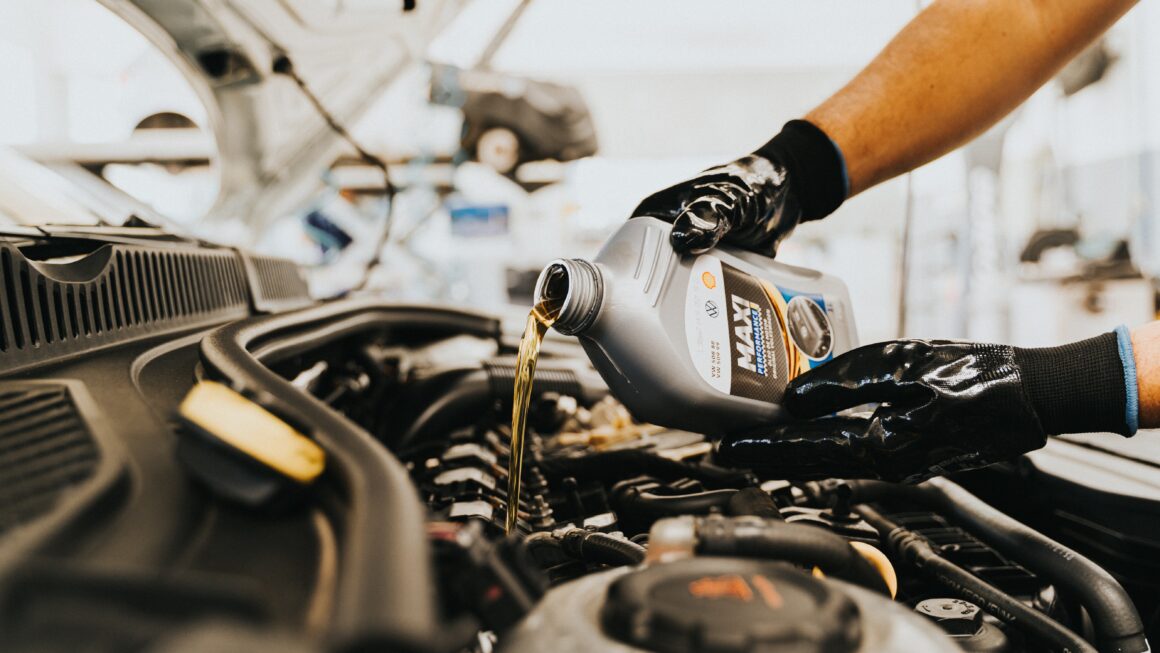Providing the electrical power needed to start the engine and operate other electrical components like lights, air conditioning, and entertainment systems, car batteries are a crucial part of any vehicle.
Car batteries, like all other parts of a car, are prone to wear and tear over time, and how long they last depends on a number of things such as the battery’s quality, how it is used, and the environment.
In this post, we’ll talk about the variables that affect car battery lifespan, the many kinds of car batteries that are available, and some advice for extending the life of your car battery.
Factors That Affect Car Battery Lifespan
The lifespan of a car battery can vary widely depending on several factors.
Some of the primary factors that affect the lifespan of a car battery include:
Quality of the Battery: One of the most important elements that affect a battery’s lifespan is its quality. Higher-quality batteries are usually more durable and long-lasting than lower-quality batteries.
Usage Patterns: The way you use your car can also affect the lifespan of your battery. Short trips and frequent starts and stops can put a lot of strain on your battery, reducing its lifespan.
Temperature: Extreme temperatures, whether hot or cold, can significantly affect the lifespan of your battery. High temperatures can cause the battery fluid to evaporate, while cold temperatures can reduce the battery’s ability to hold a charge.
Age: Like all components of a car, batteries degrade over time. Even if a battery is not used, it will still degrade over time, and its ability to hold a charge will reduce.
Charging System: The charging system of your car plays a significant role in maintaining the battery’s charge. The battery can lose its charge more quickly and last less time if the charging system is not functioning properly.
Types of Car Batteries
Car batteries come in a variety of varieties, each with special characteristics and advantages.
Some of the most common types of car batteries include:
Lead-Acid Batteries: Lead-acid batteries, the most common type of car battery, have been around for more than a century. These reasonably priced batteries generate power using a solution of water and sulfuric acid.
Lithium-Ion Batteries: Although they are still fairly new on the market, lithium-ion batteries are becoming more and more common in electric and hybrid cars. These batteries are small and have a long charge-holding capacity.
Absorbent Glass Mat (AGM) Batteries: AGM batteries are a type of lead-acid battery that uses glass mat separators to absorb the battery acid, making them spill-proof and maintenance-free.
Gel Batteries: Gel batteries are similar to AGM batteries, but they use a gel-like substance instead of a liquid electrolyte. In addition to being maintenance-free, these batteries last longer than conventional lead-acid batteries.
Tips to Extend Car Battery Lifespan
Here are some tips to help extend the lifespan of your car battery:
Keep Your Automobile in a Garage: Keeping your automobile in a garage will shield it from chilly conditions, which can drastically shorten the battery’s life.
Use a Battery Tender: When not in use, your battery is kept charged with a battery tender. Using a battery tender can help extend the lifespan of your battery.
Drive Your Car Regularly: Regular driving can help keep your battery charged and prevent it from losing its charge.
Keep the Battery Clean: Dirt and debris can accumulate on your battery terminals, causing them to lose their charge faster. Regularly cleaning the battery terminals can help extend the lifespan of your battery.
Turn Off Electrical Components: Turning off electrical components such as lights and the radio when you are not using them can help reduce the strain on your battery and extend its lifespan. Additionally, avoiding leaving your car’s headlights or interior lights on for extended periods can also help prevent your battery from draining.
Conclusion
A car battery’s lifespan is influenced by a number of variables, including the battery’s quality, usage patterns, temperature, age, and charging mechanism. The most common types of car batteries include lead-acid, lithium-ion, AGM, and gel batteries, each with its unique features and benefits. To extend the lifespan of your car battery, you can park your car in a garage, use a battery tender, drive your car regularly, keep the battery clean, and turn off electrical components when not in use.
Car batteries typically last between three and five years, though this might vary greatly. Although routine upkeep and care can help your car battery last longer, eventually all car batteries will need to be replaced. It’s essential to monitor your car battery’s health regularly and replace it when necessary to avoid any unexpected breakdowns or inconveniences.



